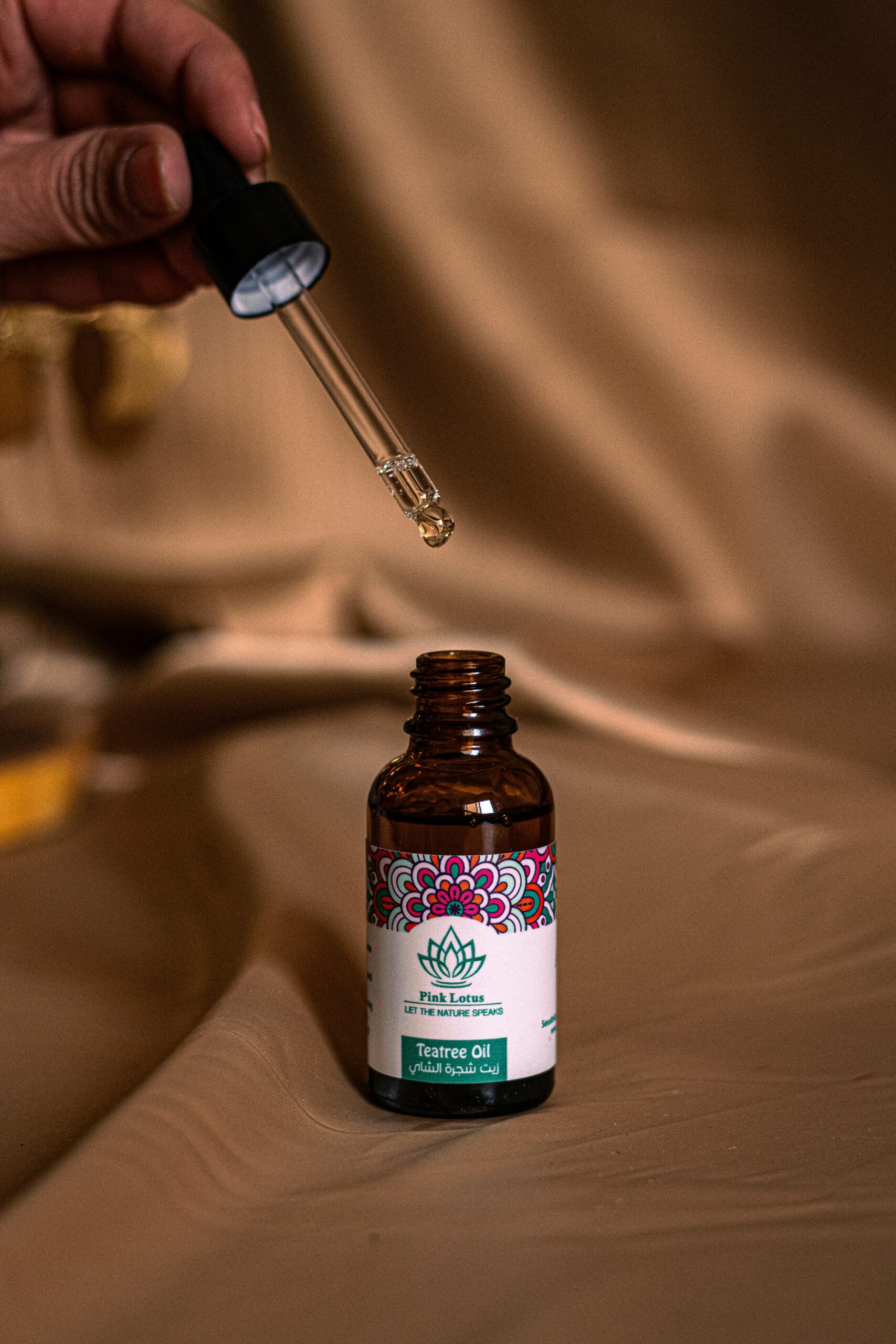Introduction
For centuries, human health has been directed by natural rhythm, from sunrise to sunset, but still modern medicine has often ignored the importance of time in treatment. Today, a new area known as circadian Medicine transformed the health care system by recognizing the role of the body’s internal clock in the prevention, treatment and recovery of the disease. Researchers now understand that almost every cell in the human body operates according to the circadian rhythm ,biological cycles, which control sleep, metabolism, hormone release and even immune reactions. By coordinating health services with these rhythms, doctors and researchers open new ways to improve the results, reduce the side effects and promote long -term welfare.
Understand the body’s natural clock
The human 24 -hour clock is controlled by a suprachiasmatic nucleus ( SCN) in the brain, a small cluster of neurons located in the hypothalamus. It synchronizes the body with a 24-hour day and night cycle using biological timetaker, temperature and food signals. When this rhythm is stable, the body performs its best performance – lethargy, sleep, vigilance and hormone control are all adapted. However, when interrupted by factors such as shift work, use of evening or irregular eating habits, chronic conditions such as obesity, diabetes, heart disease and depression increase the risk of chronic conditions such as chronic conditions. Sarkadian medicine focuses on restoring the balance of these rhythms and spending time as a medical equipment.
The science of Circadian medicine
Research has shown that drugs, diet and even exercise can dramatically affect health results. This approach, known as chronotherapy, adjusts the treatment with natural cycles in the body to maximize efficiency and reduce injuries. For example, blood pressure medications often work better when taken at night, as in the morning as cardiovascular risk peaks. Similarly, chemotherapy for cancer patients can be less toxic and more effective when managed according to time. By mapping the biological rhythm, 24 -hour medicine brings accuracy and privatization to health services that offer treatments that not only match the patient, but when the patient’s body is most responsible.
Sleep and sarcastic health
One of the most visible effects of the circadian rhythm is sleep, the foundation stone of health support. Poor sleep patterns, which ignore the body’s natural clock, are associated with weak immunity, metabolic disorders and cognitive decline. Sarcadian medicine emphasizes the importance of maintaining adjusted consistent sleep plans with natural light dark cycles. In contact with morning solutions, it is not just lifestyle points, but medical disruption that restores the 24 -hour balance. In fact, sleep disorders such as insomnia and delayed sleep phase syndrome are now treated using 24 -hour strategies such as light therapy and melatonin regulation.
Food and fasting on the clock
Nutrition is another area where sarcadian medicine plays an important role. The body treats food differently depending on the day of the day. Studies show that eating late in the evening can increase weight and cause insulin resistance, while food intake under daylight supports metabolism and digestion. It has given rise to time-restricted eating, a diet method that has adapted to a circadian rhythm, where the food is limited to eight to ten hours of window during the day. Such practice not only promotes weight control, but also reduces inflammation and improves energy levels. Sarcadic therapy thus extends beyond traditional health services, which affects daily lifestyle alternatives that affect long -term health.
Circadian rhythm and chronic illness
The dissolution of the circadian rhythm has been directly linked to the increasing risk of chronic diseases. For example, workers who regularly sleep during the day and stay awake at night, overweight, type 2 diabetes, heart disease and even some cancers. Inflammation, hormone imbalance and metabolic dysfunction are the usual results of sarcoma -mismatch. By restoring appropriate time in sleep, food and medicine,Circadian medicine provides a route to prevent and handle these conditions more efficiently. It suggests that time is not just a treatment factor – it is a form of confidence.
Mental health and biological clock
The effect of sarcadian rhythm also spreads to mental health. Conditions such as depression, anxiety and bipolar disorder are associated with all disturbed biological clocks. Research suggests that persistent daily routine, exposure to natural light and mood stability in proper sleep can improve significantly. Light therapy for sarca-based treatment, such as seasonal living disorder (SAD), is already in use and proves effective. This emphasizes the growing belief that mental welfare is deeply linked to the body’s natural time, and that the 24 -hour medicine can be important for the treatment of psychological conditions as much as physical.
Future of Sarkadian Healthcare
The emergence of sarcadiculous medicine indicates a change to individual and preventive health care. With progressive technology progression, patients can now monitor the sleep cycle, heart rhythm and daily rhythm, allowing doctors to allow tailor -made treatment with greater accuracy. Hospitals begin to use Parisian principles by adjusting light and food programs to support patient recovery. Pharmaceutical companies are also searching for the development of time -sensitive medicines that release their active content according to the sarcady pattern. When the research is expanded, 24 -hour medicine is likely to be the cornerstone of modern health care, the merger of biology, technology and lifestyle to integrated approaches.
Conclusion
Sarkadian medicine revolutionizes the way of understanding and practicing health services. Treatment with the body’s natural clock, by adjusting diet and lifestyle, provides a powerful tool to increase health, prevent illness and improve the quality of life. When an unseen aspect of biology now proves to be an important determinant for welfare. Since societies face increasing challenges from chronic illness, sleep disorders and lifestyle -related diseases, sarcasial medicine presents a science -supported solution contained in nature’s rhythm. Ultimately, the future of the health service may not only depend on what treatments we use, but when we use them.

